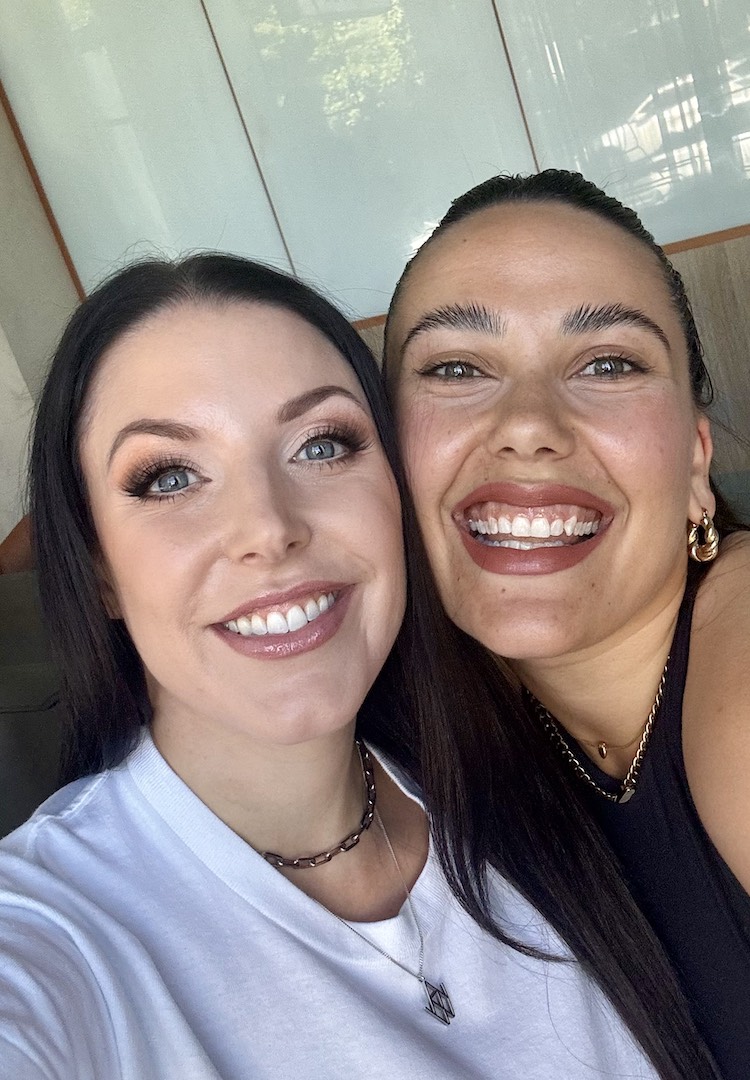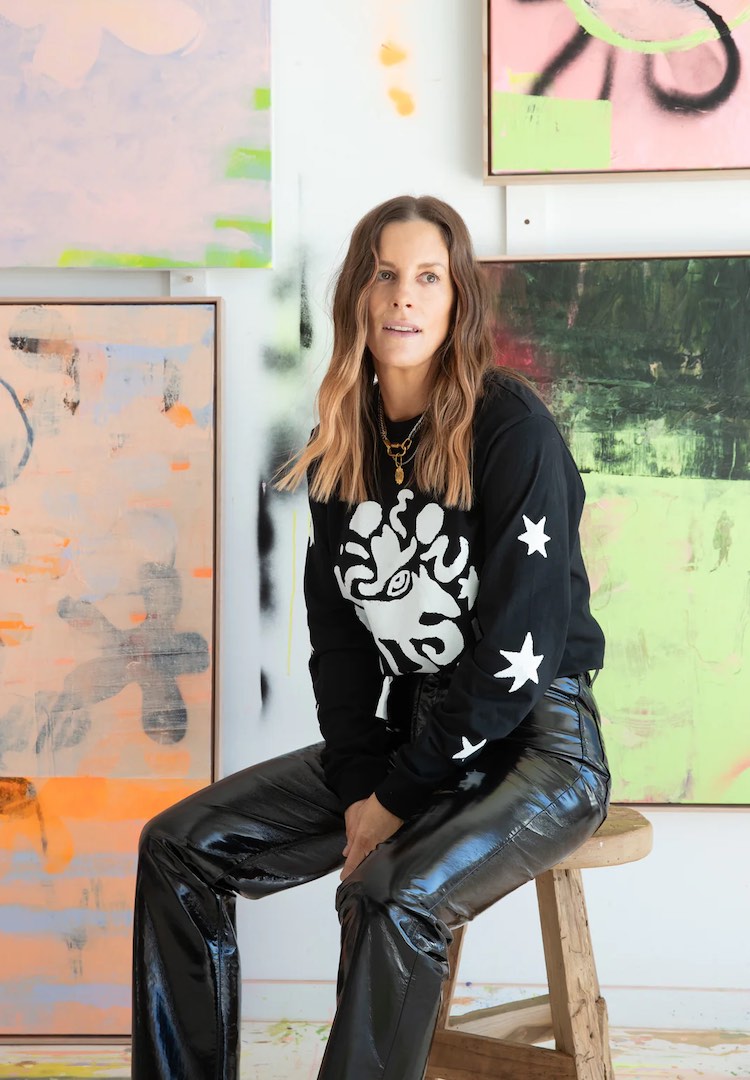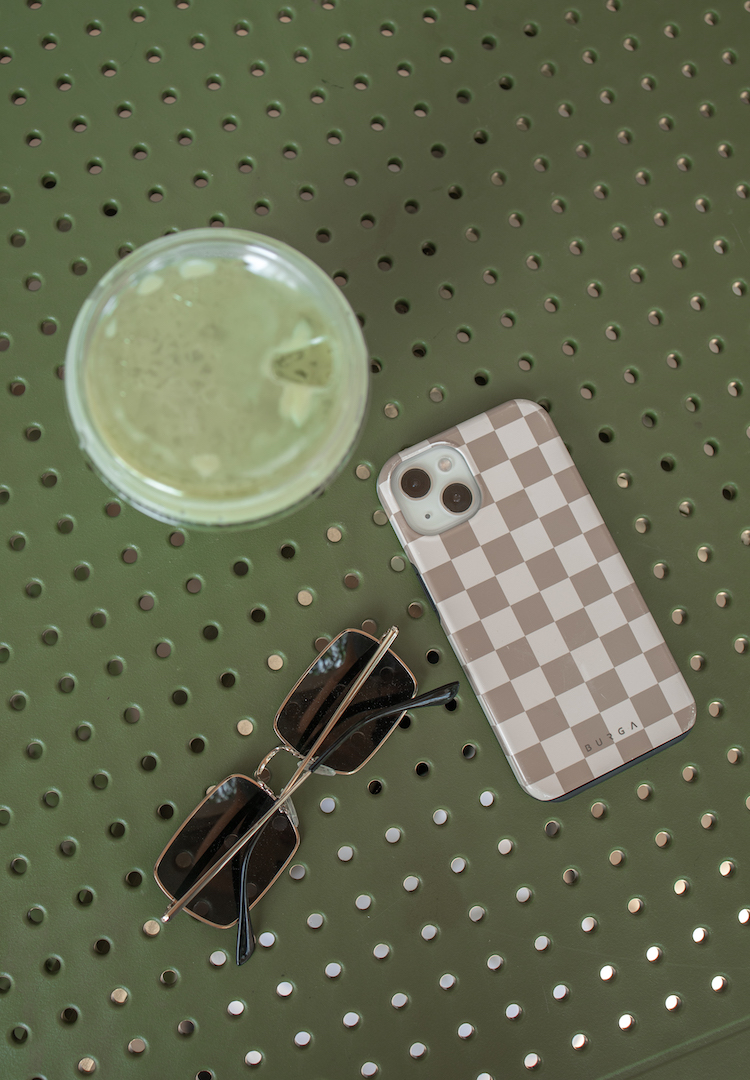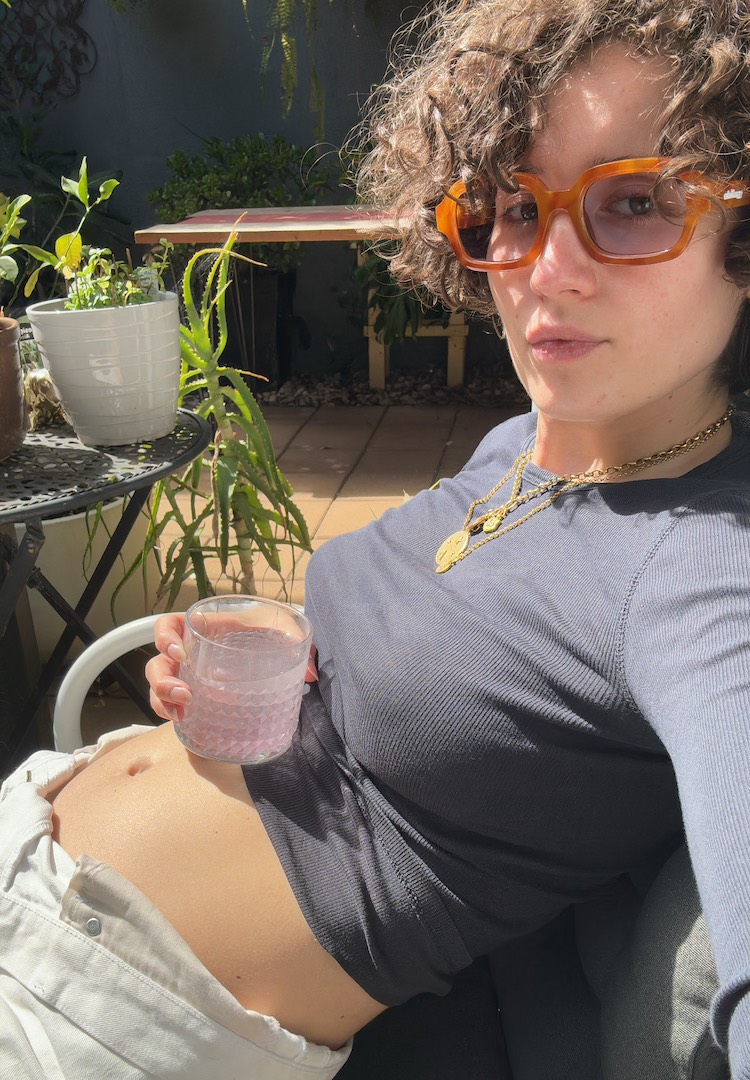Do you constantly worry that people don’t like you? The ‘liking gap’ might be to blame
WORDS BY DEANA STEPANIAN
More often than not, we’re conjuring these negative beliefs about ourselves out of thin air.
When I was a teenager, I assumed I was greatly misunderstood by people. I’d subconsciously avoid or reject new people before they could reject me, and then dwell on how I was perceived, convincing myself I left an awful impression. While I’ve taken full accountability for this as an adult by unravelling and coming to terms with my insecurities, I still question how others might view me.
Sometimes I haven’t even had to do that, like when I was told I had an “iconic resting bitch face” by a coworker on my first day at a new hospitality job. It was a harmless comment, sure, but in moments like that where I felt incredibly shy, being judged can feel jarring. It can feel like confirmation that our internal biases about ourselves are fact rather than fiction.
Interested to hear how others navigate the world? Head to our Life section.
But what if we’re actually underestimating just how much others like us? Well, as it turns out, we are. According to a concept known as the ‘liking gap’, which has recently gained attention on TikTok, people like us more than we think.
Based on a 2018 study where researchers observed strangers – first-year college students who were soon-to-be roommates and previously unacquainted members of the public – interacted as part of an ongoing personal development program. They then had to rank each other by how much they liked them and, in turn, how much they thought the other person liked them.
The research found that participants ranked themselves low on the scale when it came to discerning how much they thought their conversational partner liked them. So, what does this say about the rest of us? To put it simply, it could be all in our heads.
Your barista likely doesn’t think you’re an awkward freak for stumbling on your words at 7am and that stranger you spoke to at a party also (probably) doesn’t hate you. More often than not, we’re conjuring these negative beliefs about ourselves out of thin air. We’re wired to want to be liked and included, so it’s natural that we sometimes assume the worst when we can’t fully comprehend how others feel about us after speaking to them.
We’ve all likely ended up chatting to someone new who we’d like to befriend, only to never reach out to them again purely because we’re convinced they were simply being polite (or worse, they didn’t enjoy speaking to us). But there could also be other legitimate reasons for the liking gap being such a universal social phenomenon.
Conversational politeness
As a society, we prioritise politeness. This means people rarely reveal the full extent of themselves when first meeting and getting to know each other. It makes sense – we were taught to be polite to strangers, and the ambiguity that comes with a new dynamic can mean we struggle to gauge how people really feel about us.
On the other hand, we might try harder to be perceived as kind to feel accepted or liked by those we’re talking to, leaving little room to show our true selves.
Rejection
The act of conversing with new or even familiar people opens up the possibility of being rejected. This means we’re more likely to be reluctant to chat with new people out of fear that our interest in the other person isn’t reciprocated.
Interestingly enough, research conducted in 2009 found that if you believe the other person will like you, they probably will. Out of all the participants involved, those who expected to be accepted by others were perceived as more likable than those who expected not to be. While knowing this doesn’t eliminate the possibility of rejection, it makes rejection seem less probable, depending on how we think and present ourselves.
Conversations are cognitively demanding
It’s suggested that even when someone’s signalling that they do like us, we rarely notice because we’re too focused on ourselves and what we’re going to say next. This further drives the point home that we’re getting it all wrong; the liking gap exists because we think it does.
Unless you’re actually being a blatant asshole, you can take a sigh of relief and rest easy knowing you’re probably more liked than you know.
For more on the liking gap, head here.










